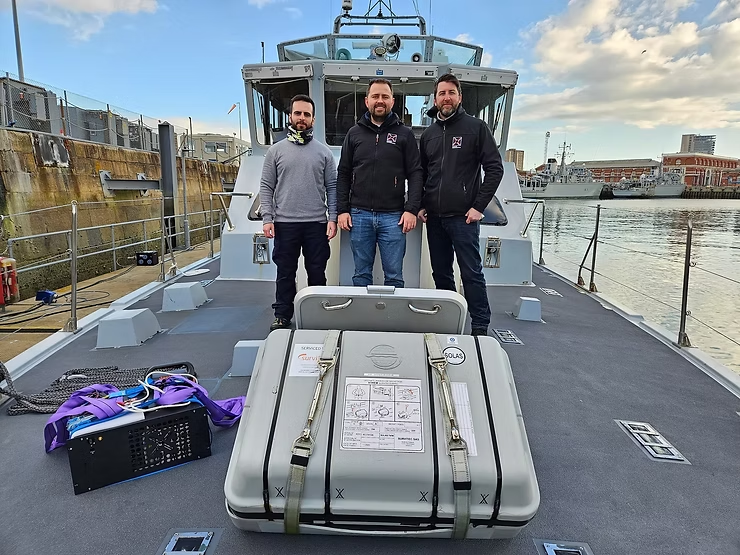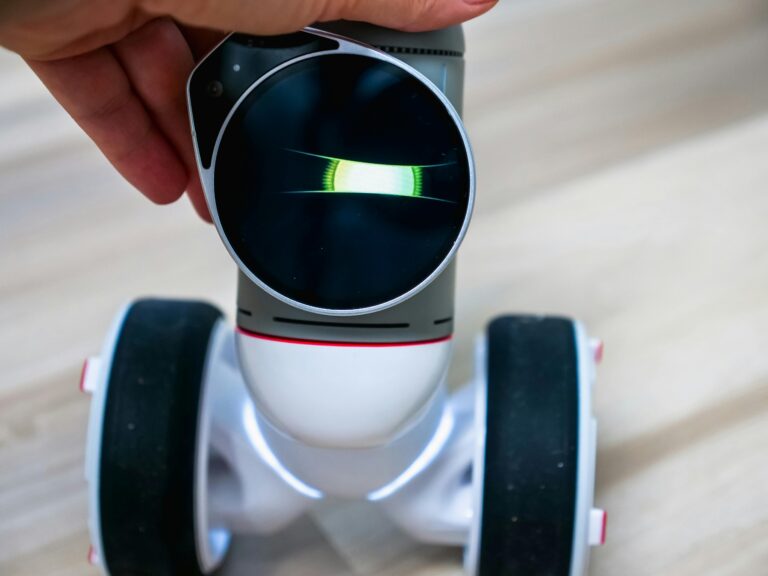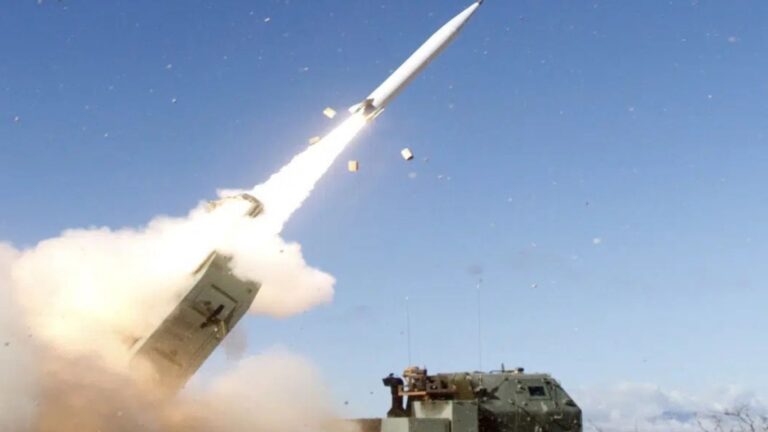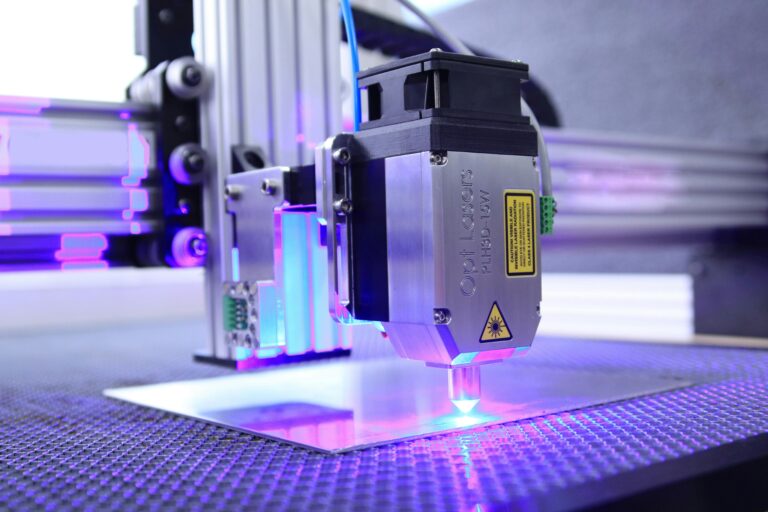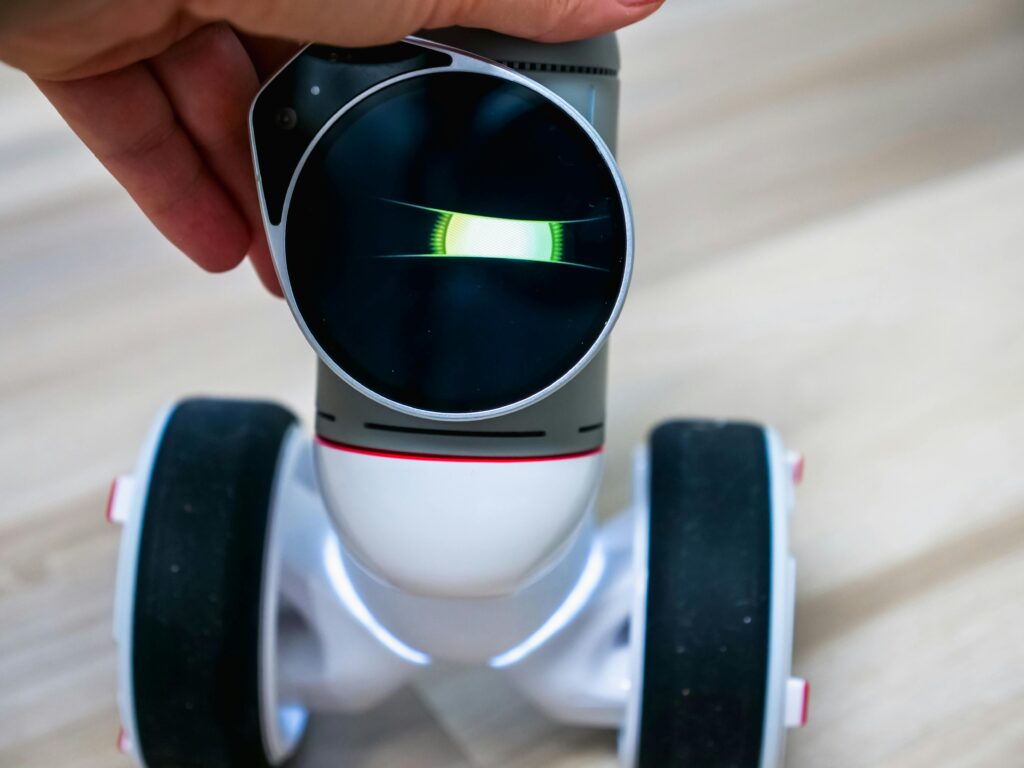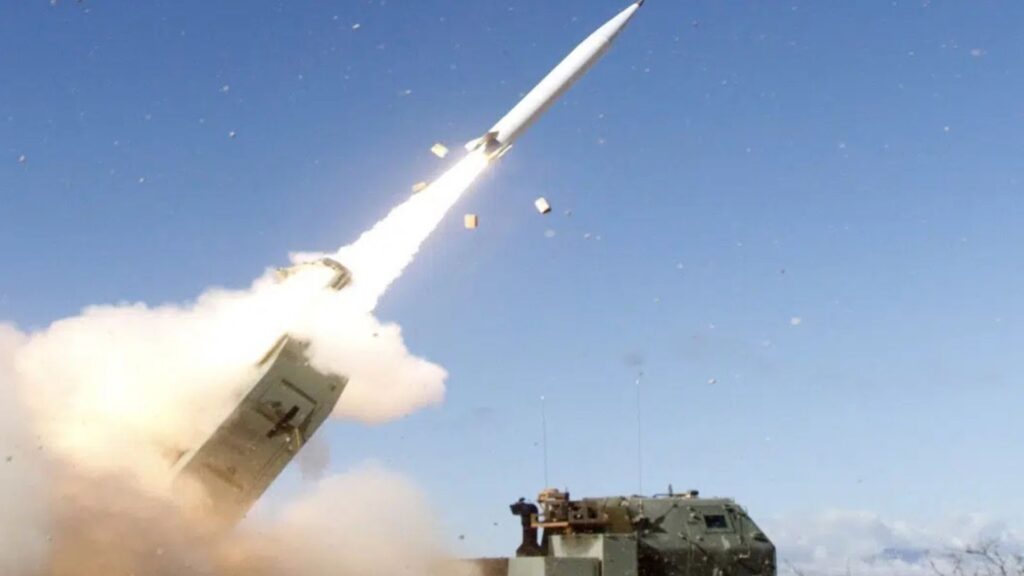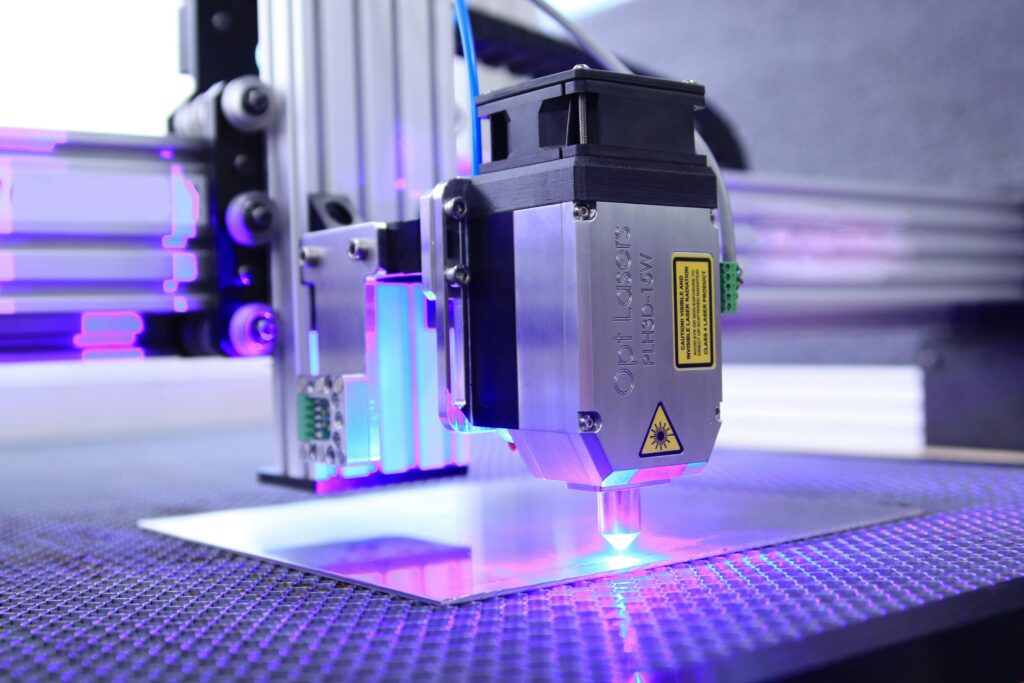A UK quantum startup has successfully carried out a second sea trial aboard HMS Pursuer, achieving the world’s first stable operation of a cold atom-based atomic clock on a moving maritime vessel.
Quantum sensing company Aquark Technologies has successfully completed a groundbreaking trial—its second supported and endorsed by the Royal Navy’s Disruptive Capabilities and Technologies Office (DCTO). During the trial, Aquark’s cold atom-based atomic clock system, the AQlock, ran continuously for three days aboard HMS Pursuer in the Solent region, marking a major achievement in Position, Navigation, and Timing (PNT) technology and advancing efforts to reduce global dependence on Global Navigation Satellite Systems (GNSS).
The Defence Science and Technology Laboratory (Dstl) contributed to the trial by providing specialized equipment and expertise in time and frequency testing. This was the first trial to evaluate the stability of the AQlock, the UK’s first industrial-grade cold atom atomic clock, in real-world maritime conditions. By successfully operating in offshore environments, the AQlock has taken a significant step toward enhancing traditional PNT systems and offering a more resilient alternative to GNSS for critical sectors including defense, infrastructure, telecommunications, finance, and transportation.
Developed with funding from an Innovate UK Small Business Research Initiative (SBRI) grant, the AQlock improves timing precision by transferring the extreme stability of ultra-cold atoms to a conventional oscillator. This helps minimize long-term drift and enables high-precision operation over extended periods without needing continuous GNSS corrections—augmenting and reinforcing current timing infrastructures.
At the core of the technology is Aquark’s proprietary supermolasses trap, an innovative atom-trapping technique that enhances the system’s durability, portability, and cost-effectiveness. Its streamlined design, with fewer components and lower power demands than conventional methods, makes it well-suited for miniaturization and deployment in various settings.
Chester Butterworth, Head of Strategy at the Royal Navy’s Disruptive Capabilities and Technologies Office, commented: “The Royal Navy continues to prioritize the exploration of groundbreaking technologies that can deliver significant operational benefits. The success of this trial supports the UK’s goals for sovereign capability and opens the door to future innovations. Aquark’s system has demonstrated its ability to enhance existing Position, Navigation, and Timing solutions beyond lab conditions—performing reliably in tough, remote environments—an achievement few systems have managed.”
READ ALSO: Army grants contract for early operational capability of the Precision Strike Missile.
READ ALSO: OCEANCO REVEALS BEYOND CUSTOM DESIGN: LILY
Dr. Matthew Aldous, Principal Quantum Scientist at Dstl, added: “We’re proud to have supported Aquark and the Royal Navy in evaluating this promising technology. Quantum systems have enormous potential to deliver advanced capabilities, and testing them in real-world environments is essential to determine their practical value. As these systems continue to evolve and become more rugged, we look forward to helping transition them to operational use in addressing key defence and security challenges.”
Commander Carla Higgins, MBE, Commanding Officer of the Coastal Forces Squadron, remarked: “We’re pleased to have played a role in testing this cutting-edge technology. The P2000 Inshore Patrol Vessels offer the demanding maritime environment necessary to rigorously assess new systems. The crew aboard HMS Pursuer welcomed the opportunity to engage with such innovative equipment and gain firsthand experience with technology that will help shape the UK’s future capabilities.”
Alexander Jantzen, Co-Founder and Chief Operating Officer of Aquark Technologies, said: “It has been a privilege to collaborate with the Royal Navy once again and apply our cold atom technology to a real-world application. Successfully demonstrating that the AQlock can produce stable, reliable outputs in challenging conditions marks a major milestone. This trial brings us significantly closer to real-world deployment of our system and sets a new standard for the resilience of comparable technologies. Ultimately, it takes us a step forward toward a future where vital systems can function reliably—even without GNSS access.”
